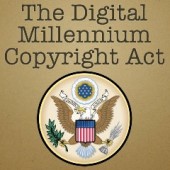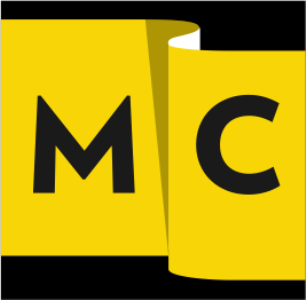As emphasis on STEM grows, many legislatures want to push these classes in K-12 programs, as has been done in New Mexico and Kentucky, among other states.
Florida Lawmaker Suggests Students Be Allowed to Swap Foreign Language for Coding
Senate Passes 10 Year Term for Librarian of Congress
As President Obama ponders his choice for the next Librarian of Congress, the first time in nearly three decades that such a nomination will be necessary, the U.S. Senate has passed a bill to put a 10-year term on the position, stripping the job of the lifetime tenure it has carried since 1802.
Barriers to Innovation Act Would Renew DMCA Exemptions Automatically
Senator Ron Wyden (D-OR) and Representative Jared Polis (D-CO) on April 16 introduced the “Breaking Down Barriers to Innovation Act,” a bill that would make significant changes to Section 1201 of the Digital Millennium Copyright Act (DMCA), which gives the Library of Congress the power to grant exemptions to DMCA’s ban on circumventing digital rights management (DRM) software, encryption, or other digital restrictions.
Barriers to Innovation Act Would Renew DMCA Exemptions Automatically

Senator Ron Wyden (D-OR) and Representative Jared Polis (D-CO) on April 16 introduced the “Breaking Down Barriers to Innovation Act,” a bill that would make significant changes to Section 1201 of the Digital Millennium Copyright Act (DMCA), which gives the Library of Congress the power to grant exemptions to DMCA’s ban on circumventing digital rights management (DRM) software, encryption, or other digital restrictions.
Barriers to Innovation Act Would Renew DMCA Exemptions Automatically
Senator Ron Wyden (D-OR) and Representative Jared Polis (D-CO) on April 16 introduced the “Breaking Down Barriers to Innovation Act,” a bill that would make significant changes to Section 1201 of the Digital Millennium Copyright Act (DMCA), which gives the Library of Congress the power to grant exemptions to DMCA’s ban on circumventing digital rights management (DRM) software, encryption, or other digital restrictions.
ALA, ARL Applaud FCC Vote on Net Neutrality

In a significant victory for supporters of Net Neutrality, the Federal Communications Commission (FCC) today reclassified broadband Internet as a public utility, and established a new Open Internet Order that applies to both fixed and mobile broadband. The new Open Internet Order includes three “bright line” rules, specifically banning broadband providers from blocking access to legal content, applications, and services; impairing access to content, applications, and services; and prioritizing Internet traffic in exchange for “consideration of any kind.”
Updated: The E-Rate Window Is Wide Open—So What Next?
ALA, Mobile Commons Facilitate Library Advocacy

The American Library Association has partnered with mobile phone marketing and outreach provider Mobile Commons to launch a new text message alert and advocacy service for librarians. Each month, subscribers will receive an estimated 2 to 3 text message action alerts from ALA’s Office of Government Relations. The messages will give subscribers talking points on a specific, timely issue, and then offer the option of automatically making a toll-free call to the offices of their legislators.
Update: ALA Asks Librarians To Oppose Cybersecurity Bill
This article has been updated to include information about the Amash amendment and the fate of the bill. Just because SOPA and PIPA seem to be dead in the water doesn’t mean legislative attempts to limit privacy are over. H.R. 3523, The Cybersecurity Information Sharing and Protection Act of 2011 (CISPA), passed the House of […]

